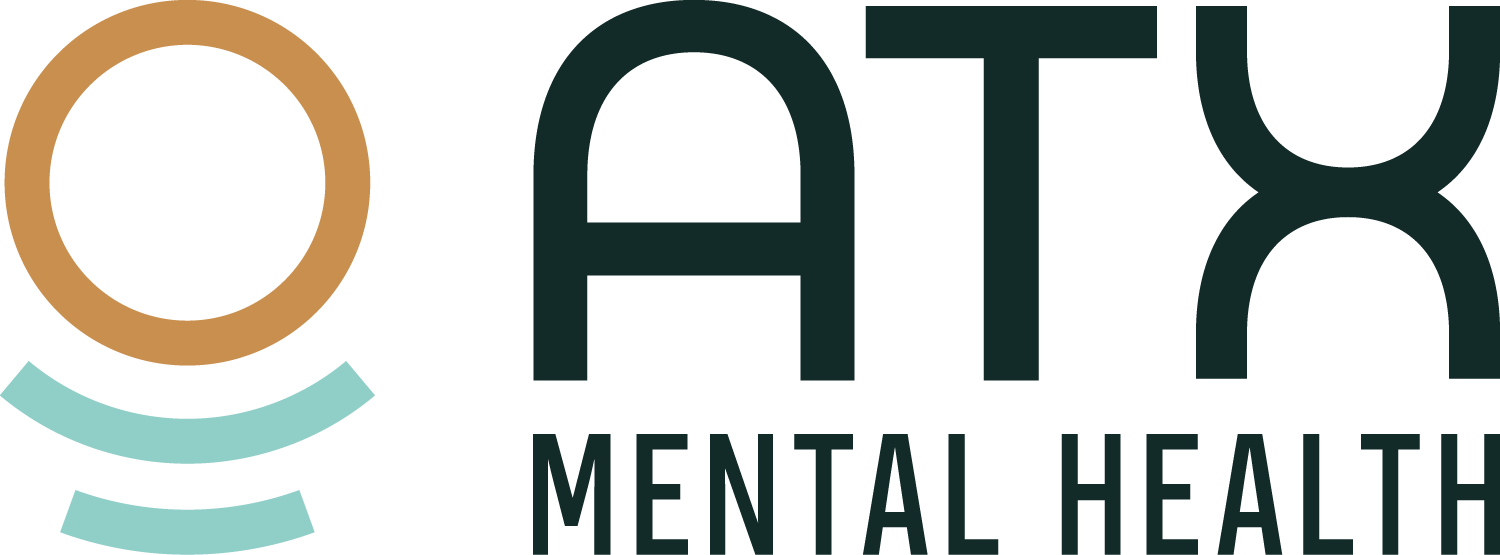Personality, Therapy, and You: The Enneagram’s Surprising Impact
The interest in personality tools keeps growing—especially in therapy. People want more than labels. They’re looking for insights that help them break patterns, build trust, and feel better. The Enneagram stands out as a simple, yet powerful framework. It breaks down human behavior into nine core personality types and shows how people react in times of stress and security. If you’re thinking about therapy or already working with a counselor, the Enneagram can offer everyday tools for self-discovery and practical growth.
How the Enneagram Deepens Self-Understanding in Therapy
Therapists who use the Enneagram don’t just spot your personality type. They help you see patterns you may miss—habits, emotional triggers, and beliefs that color your life. This isn’t about putting you in a box. Instead, the Enneagram gives you language to describe what’s going on under the surface. For those wanting hands-on strategies for therapy, the tools for sessions can offer practical steps to use right away.
Recognizing Core Motivations and Fears
Every Enneagram type has its own driving force—some seek safety, others crave approval, and some want peace at all costs. Therapy gets a boost when you know your top motivation and recognize the fear nudging your actions. Instead of asking, “Why do I always react this way?” you start to see the pattern and make better choices.
Facilitating Compassion for Self and Others
When clients see that others also struggle with their own patterns, things can soften. The Enneagram helps people name what they need, but also why others might act in confusing ways. This understanding often lowers resentment and builds empathy—qualities that make therapy (and daily life) easier.
Personalized Growth: The Enneagram’s Role in Tailored Therapeutic Strategies
Therapists can move away from one-size-fits-all methods. The Enneagram guides them in picking tools and activities that truly fit each client’s traits and struggles. This makes growth faster and more comfortable.
Customizing Interventions Based on Type
A therapist might suggest body-based techniques for a Type Six dealing with anxiety, or communication exercises for a Type Nine avoiding conflict. The Enneagram helps match resources to real needs, not just surface problems.
Tracking Progress and Overcoming Stagnation
Sometimes, therapy hits a wall. The Enneagram’s type-based framework offers a clear way to measure change—are you less reactive, more connected, or braver in tough moments? If you get stuck, revisiting your type’s patterns can push things forward rather than repeating old cycles.
Choosing and Working with an Enneagram-Informed Therapist
Not every counselor uses personality models, so it’s smart to ask upfront. Find a therapist who understands the Enneagram and knows how to apply it in real sessions. Credentials matter, but so does comfort and honesty in the working relationship. To dig deeper into what makes the Enneagram unique, Learn about the Enneagram and why it’s a helpful guide in therapy work.
Questions to Ask Potential Therapists
Have you received any training in the Enneagram?
How do you use type-awareness in your practice?
Can you help clients who don’t know their type yet?
Collaborative Goal-Setting for Personal Growth
The Enneagram works best when you set clear goals with your therapist. Decide together how to use personality insights—whether you want to calm anxiety, improve relationships, or handle conflict better.
Working with Sarah to Use the Enneagram in Therapy
Sarah Robinson at Enneagram Tools brings practical experience and a warm style to her sessions. She helps people discover their primary Enneagram type, then builds strategies around it. Through personalized sessions, tailored worksheets, and deep conversation, Sarah supports clients in breaking habits and building healthier relationships. Using Sarah’s tools, you can set realistic goals, track change, and make the most of what the Enneagram offers. The guidance and resources found at Enneagram Tools help you feel seen, understood, and capable of real progress.
Conclusion
The Enneagram isn’t just a personality chart—it’s a path to deeper self-knowledge, more honest relationships, and real growth in therapy. By choosing the right therapist, using type-based tools, and working with experts like Sarah, you set yourself up for meaningful change. If you’re ready to understand yourself better and grow with practical support, start exploring the Enneagram and see what it can do for your therapy journey.

